Making the switch to organic/naturally grown foods is tricky. There are multiple factors to consider before making the switch makes sense. The easiest way is to break this down into a series of What, Why and How questions. So here goes.
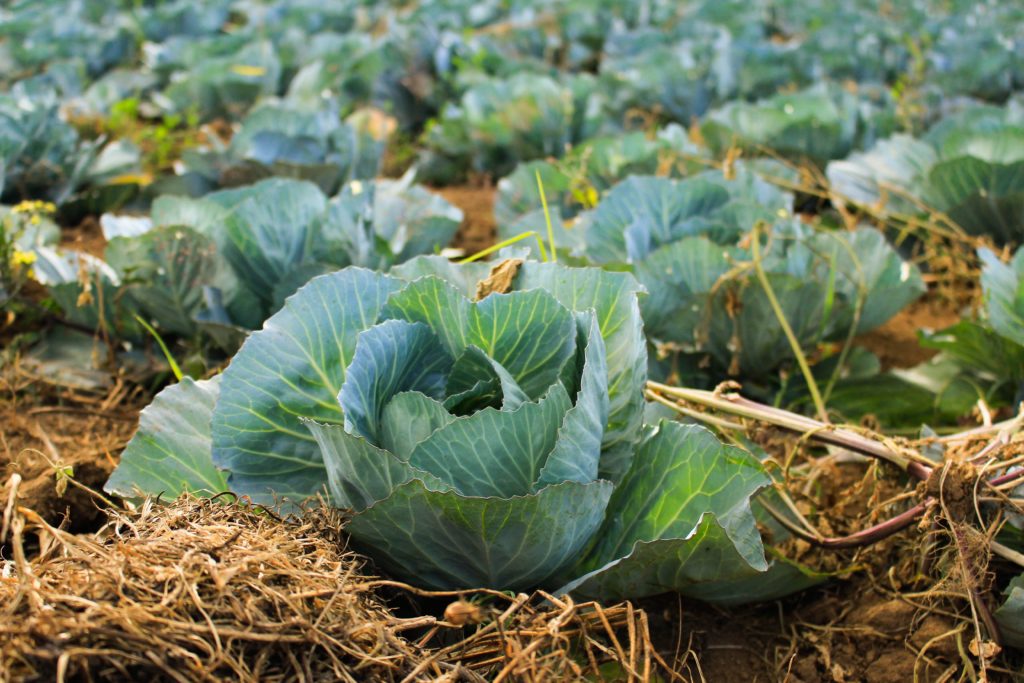
What is organic/naturally grown food mean?
Both organic and naturally grown food is that which is grown without the use of any chemical based fertilisers or pesticides. The difference between the two methods is that organic farming depends on farming inputs like bio-fertilisers and bio-pesticides that are industrially produced. These are completely safe and the food that is produced is clean and free of any harmful chemical residues.
Natural farming, on the other hand, is an agricultural system that relies completely on natural processes. To fertilize the soil, rather than adding any external fertiliser, the soil is fertilised by promoting the decomposition of organic matter into the soil. This is done by collecting organic matter like dried leaves and promoting the growth of micro-organisms that slowly decompose the matter, releasing valuable nutrients into the soil. Pest control is done using pheromone traps – which trap the pests and prevent them from damaging the crop, or in extreme cases, by using pesticides made from neem, cow urine and other natural products
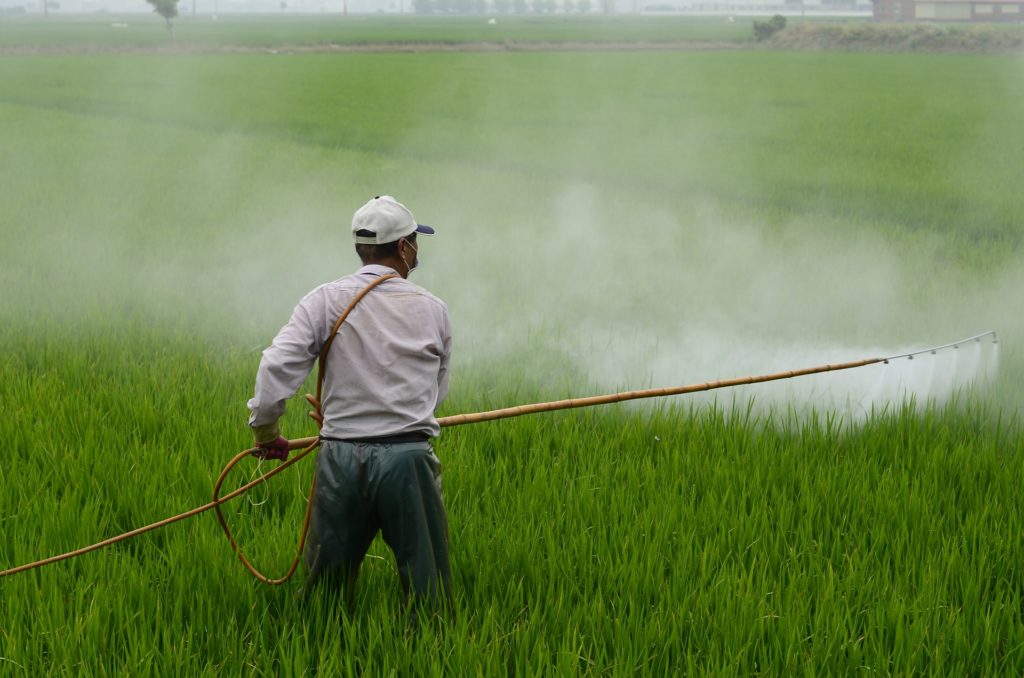
Why do we not grow all food like this?
In a perfect world, all food would be grown like this but before its ill effects were known, chemical farming was promoted by governments and industries around the world. Chemical farming gives superficial results. It may produce bumper crops which are consistent and good looking. It may be completely undamaged by pests but at what cost? This is all achieved by fertilising the soil using strong factory-made chemical fertilisers. Pests are controlled by spraying on harmful chemical pesticides.
The mushrooming population of our cities have raised the demands on agriculture as higher yields are needed in a shorter time.
The chemical-intensive systems with indiscriminate use of harmful chemical fertilisers and pesticides allow the food system to meet these demands
How does this affect our lives?
Both synthetic and organic biopesticides have harmful health effects at doses higher than those typically found in fruits and vegetables. In children, accidental exposures to high levels of pesticides are associated with childhood cancers, attention deficit hyperactivity disorder (ADHD) and autism. A study of organic pesticides used in gardening found that the use of rotenone was associated with Parkinson’s disease later in life. Some chemicals used in non-organic farms are known carcinogens and nerve toxins.
This begs the question – if they are so harmful, why do farmers use them? Since the Green Revolution in India, the farmers have been encouraged to use these artificial methods of farm inputs to boost agricultural productivity. This feeds into a system that is geared towards this kind of agricultural production. There is a movement among farmers to change the status quo lead by people like Subhash Palekar, but the movement is in its nascent stage. Only when all stakeholders in the system make the shift to sustainable farming and consumption of clean produce will the movement see mass adoption.
Now for a second set of questions
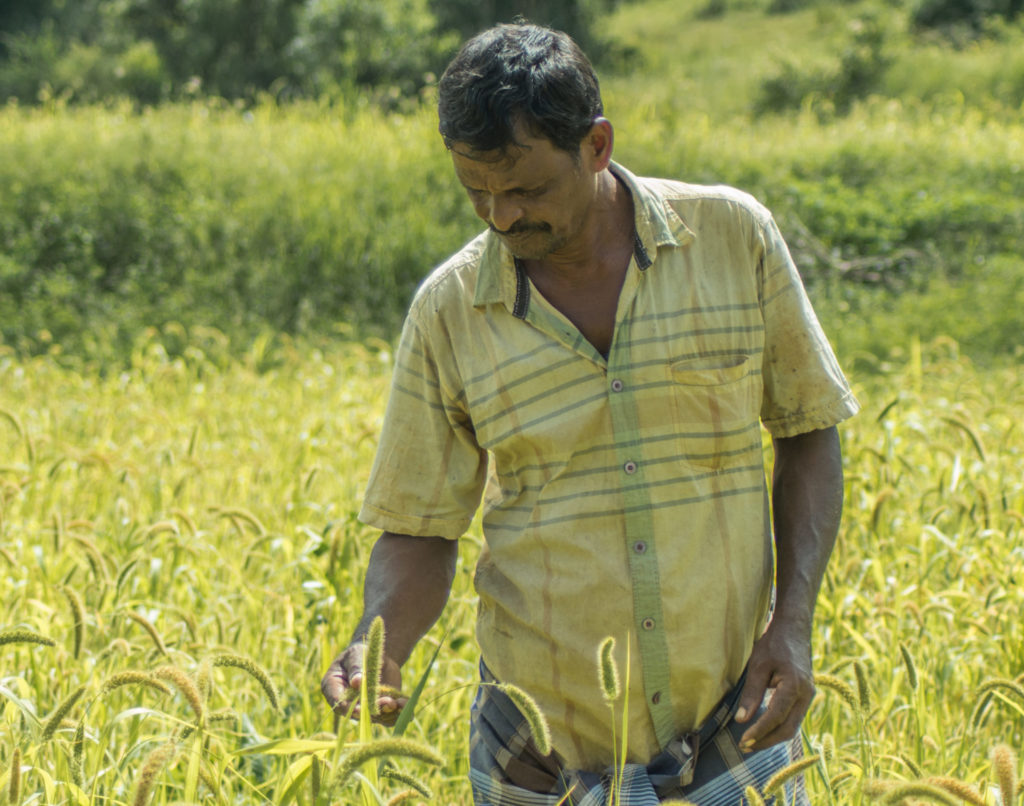
What are the benefits of natural and organic farming?
Eating locally grown natural and organic food has many benefits that may not be apparent at first glance.
- When the food is grown by local farmers, the food reaches you faster. This means that the food is fresher and retains much more nutrients than if it traveled to you from some far-flung farm.
- These farming techniques are sustainable from an environmental point of view. Whereas chemical farming depletes the soil of nutrients and poisons the soil and water supply, natural and organic farming actually rejuvenates the soil and complements natural processes.
Why is it important from a nutrition point of view?
There are 2 aspects to this –
- Food loses nutrition over time. Therefore, the longer it takes to get from the farm to your tables, the greater the nutrient loss in the food. Therefore fresh food is essential to extract the most nutrition and eating local is one great way to achieve that.
- Because the food is clean, you can actually consume more of the food raw which maximises absorption of nutrients by the body. Raw food diets have many health benefits but they all require you to consume clean food because otherwise, you are consuming a more potent mix of harmful chemicals.
Natural and organic farming methods focus on enriching the soil with organic, safe nutrients rather than chemical fertilizers which are harmful to the human body. This means that the produce is free from chemical residues and is a powerhouse of nutrition.
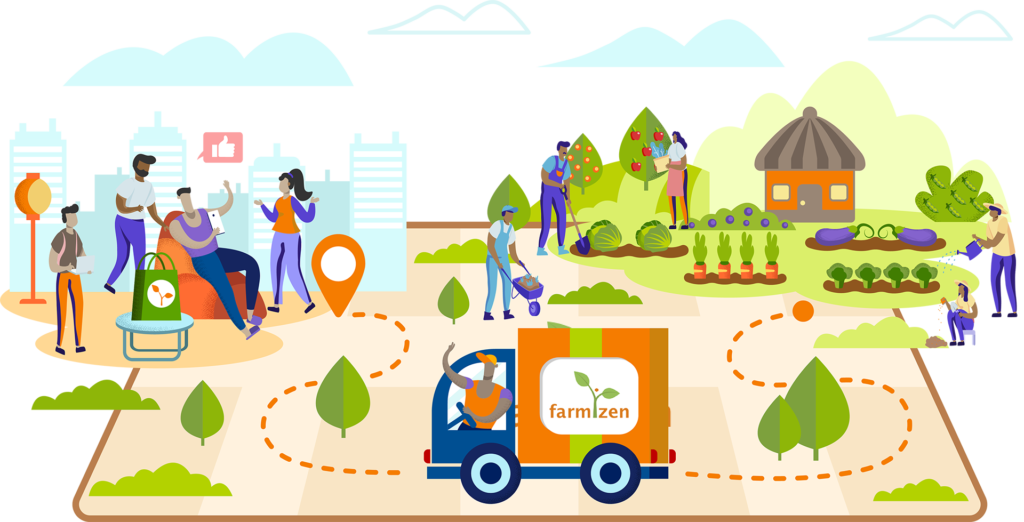
How can you get a regular supply of clean food?
Farmizen Tribes give communities access to locally grown, farm fresh produce that reaches you within hours of harvest. Here’s how it works –
Each Tribe has access to a catalog of fresh produce grown organically by trusted farmers in the Farmizen app. Members place their orders on the app. The orders are delivered twice a week to the community. All the produce is grown locally and organically without any chemical pesticides or fertilizers.
Farmizen works closely with farmers and helps them with inputs, technology, agronomy support and performs regular inspections to make sure that the produce that is grown is healthy for the consumer and the soil.
To know more about Farmizen Tribes, Click the link below.
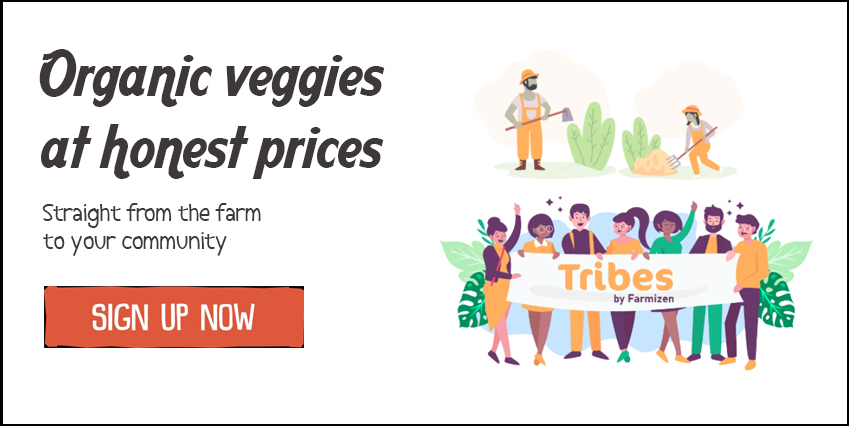

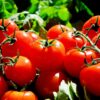
Comment